Plant-based products are all the rage these days. They come in many forms. From clothes to food, to mosquito repellents, these products continue to satisfy the demands of the growing health-conscious population. Most people are choosing plant-based mosquito repellents because the compounds are all-natural and, therefore, friendly to the environment. But are these repellents worth it?
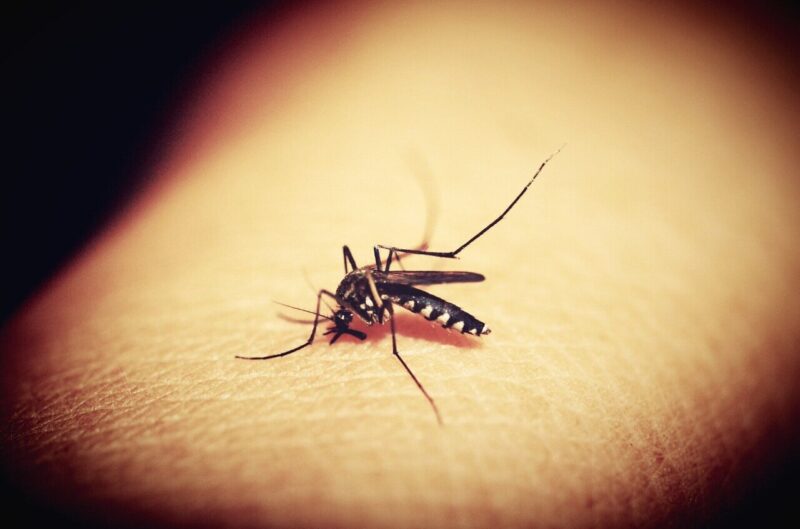
The Appeal of Plant-Based Mosquito Repellents
Plants have natural defense systems. They produce certain chemicals that target the pests that attack them. Ancient civilizations burn plants to repel insects. Knowing this makes it easier for consumers to embrace plant-based mosquito repellents. Because of the new green revolution, more people tend to like natural products than artificial ones.
Regular mosquito repellents are often applied to the skin. Some people do not react to these products, but others experience some level of irritation. Also, there are people who do not like chemical smells. That is why using plant-based mosquito repellents is better. There seems to be a strong awareness that ingredients derived from plants are safe.
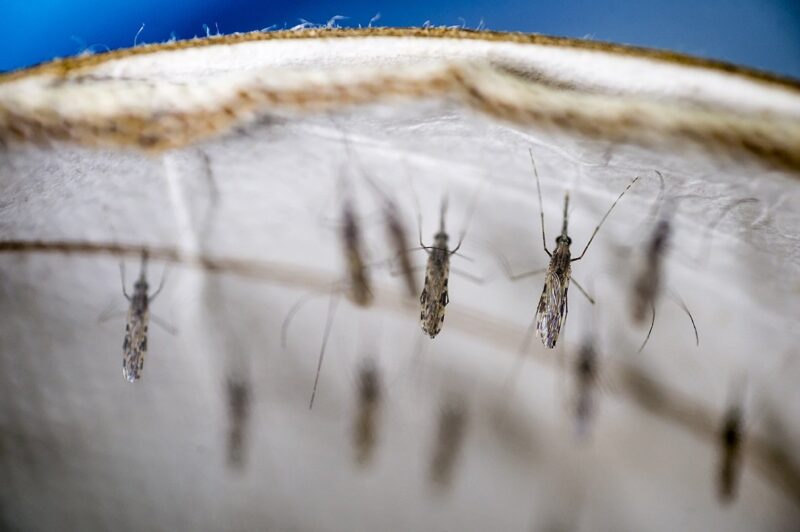
Another appealing trait of plant-based mosquito repellents is that it is sustainable. Plants do not take much space at all to raise and maintain. It does not take much to break down the plants and extract the main ingredient.
Examples of Plant-Based Mosquito Repellents
Below are examples of these revolutionary products:
Repellents From the Eucalyptus Tree

The main repelling ingredient from the eucalyptus tree is PMD (para-menthane-3,8-diol). PMD is derived from the leaves of the tree. It has been used in Chinese medicine as an effective killer of mosquitoes. PMD is not the oil of lemon eucalyptus. It is actually the byproduct of distilling oil of lemon eucalyptus.
PMD formulations can last for about eight hours. It is almost as effective as DEET. Some studies prove that it is even more effective than DEET in repelling specific species of mosquitoes. PMD has been known to repel malaria-carrying mosquitoes.
Hydrogenated Catmint Oil
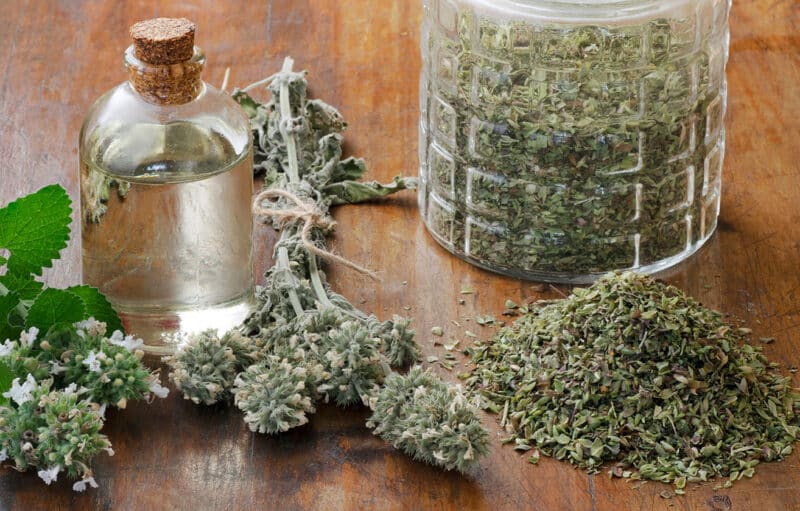
This is also known as catnip oil. This oil can cause behavioral changes in cats because it contains nepetalactone, which is a hallucinogen. Studies show that this oil is also effective in repelling black flies and mosquitoes. The plant-based compound DHN (di-hydro nepetalactone) is responsible for this repelling action. DHN results from the hydrogenation of nepetalactone.
Studies show that mosquitoes have a low escape time when they were exposed to DHN. Using it does not pose a risk to human health. Experts say that it will not accumulate in the water sources at all.
Citronella-Based Repellents
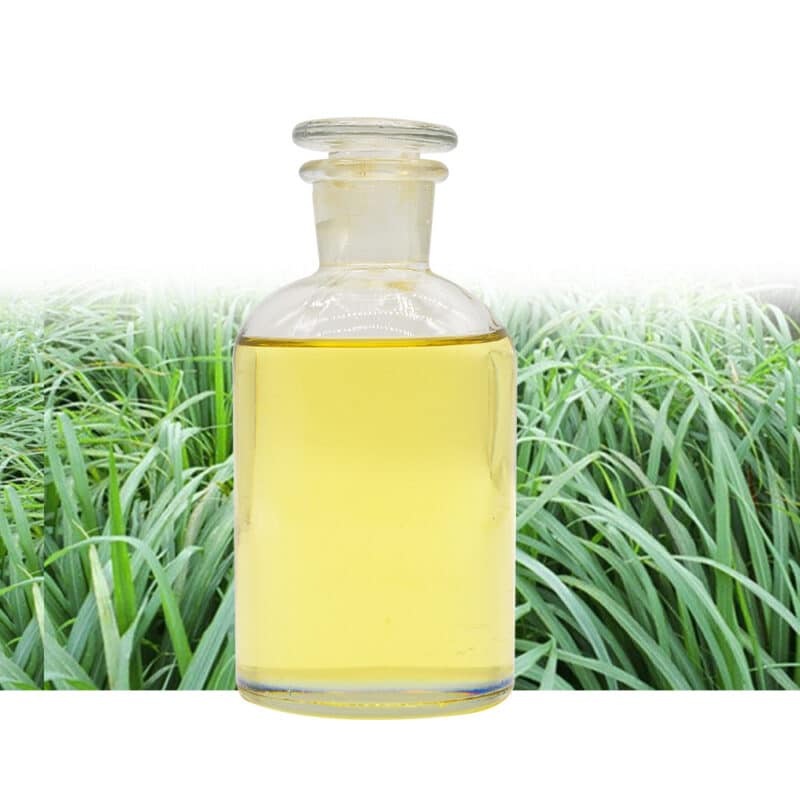
Citronella oil is weaker than DEET, but it is still an effective mosquito repellent. Most people are familiar with citronella. This compound can protect you from mosquitoes for about two hours. It is often in the form of sprays, creams, and lotions. This is a safe plant-based repellent and has been used since 1948.
Some Issues to Consider
Volatility is a chemical’s tendency to become gas. Damaged or bruised plants release fleeting smells into the surrounding environment. This provides protection from nearby pests. When these compounds are transformed into topical repellents, volatility is an issue. PMD has very low vapor pressure. It evaporates slower than other repellents.
Citronella has high volatility, which causes lower effectiveness. This is a problem because the protection is not as long as that of synthetic repellents. That is why scientists are combining plant-based chemicals with vanillan, which is a large molecule in vanilla bean. This has decreased the volatility of some formulations.
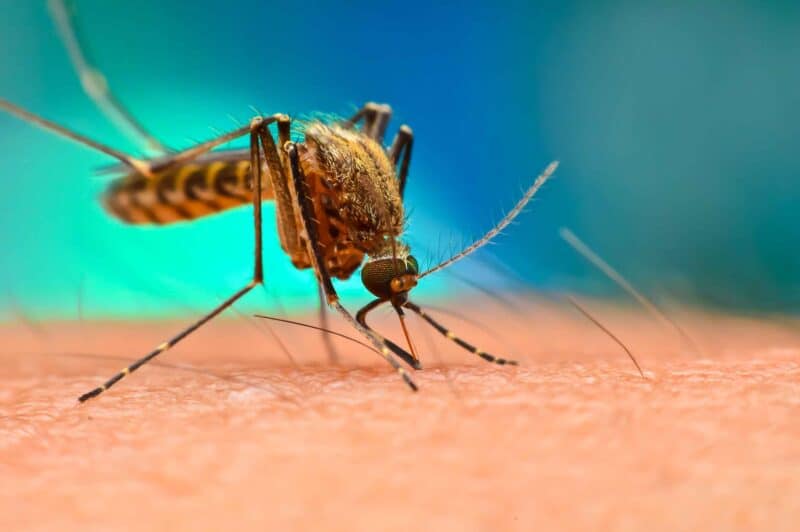
Plant-based repellents can change the way the modern world deals with mosquitoes and mosquito-borne diseases. There is still more to discover about the ability of plants to repel mosquitoes. Using these repellents is a healthier option for people who are sensitive to synthetic repellents.